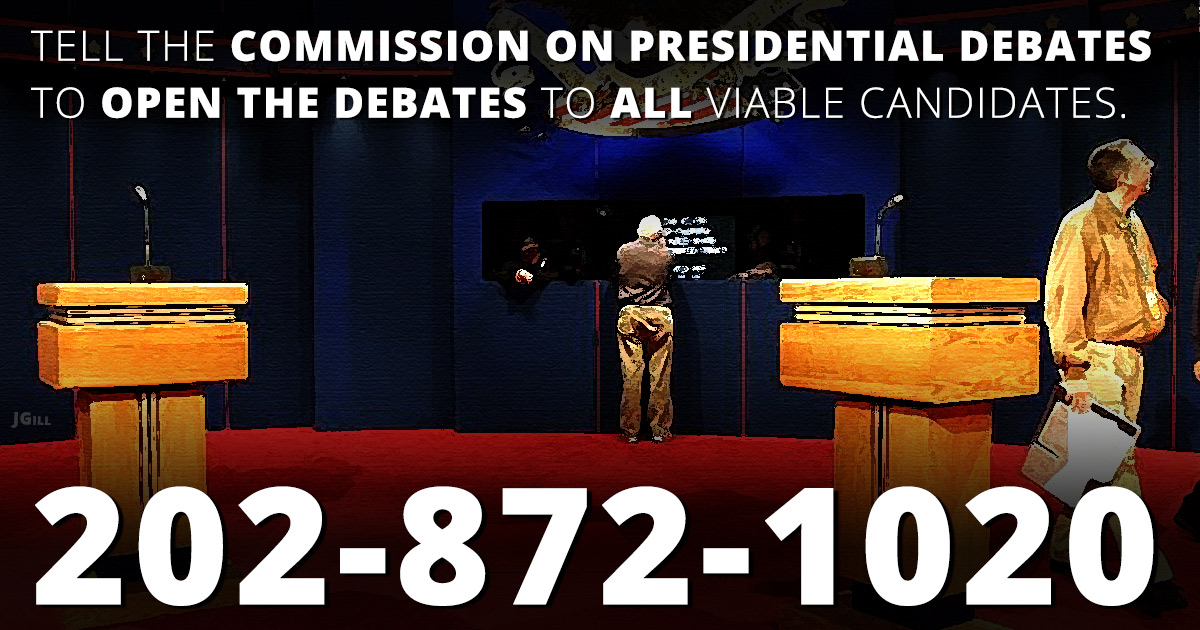Who will choose the next president of these United States?
Voters? A private non-profit organization? The media? The Electoral College? The U.S. House of Representatives?
Russian hackers?
No joke, that last. Beyond the suspected Russian hack of the Democratic National Committee, the FBI warned last week that hackers, likely Russian, had broken into the online election systems of Arizona and Illinois.
Earlier this week, and months ago, I floated the possibility that Libertarian Gary Johnson could win New Mexico, where he served two terms as governor. Currently polling at 25 percent, a New Mexico win might prevent any candidate from obtaining an electoral majority, throwing the election into the House of Representatives.
Not likely. But possible. After all, by the Constitution, what actually determines who will be president is the Electoral College. Its elected electors vote in December. And, as attorneys David Rivkin and Andrew Grossman remind us in a Wall Street Journal op-ed, those electors can vote their conscience.
But first, voters must decide. Vote their consciences, based on good information not predigested by the press and the insider class.*
Which means people need to hear from each candidate who can be elected president. The partisan Commission on Presidential Debates (CPD) has no right to narrow our choices by holding a closed debate.
A series of polls before voters have even evaluated their choices ought not pre-determine the election.
Tell the Commission on Presidential Debates (202 – 872-1020) to open the debates to all viable candidates.
This is Common Sense. I’m Paul Jacob.
*The media made a mountain out of Gov. Johnson’s gaffe yesterday morning, not knowing immediately what MSNBC’s Mike Barnicle was asking concerning “Aleppo.” Johnson seemed to think it an acronym for some government agency, instead of a besieged Syrian metropolis. But consider it a sign the media is paying attention. Meanwhile, Green Party nominee Jill Stein became the first candidate charged with a crime — vandalism — for spray painting “I approve this message” on a bulldozer used to build a pipeline.











